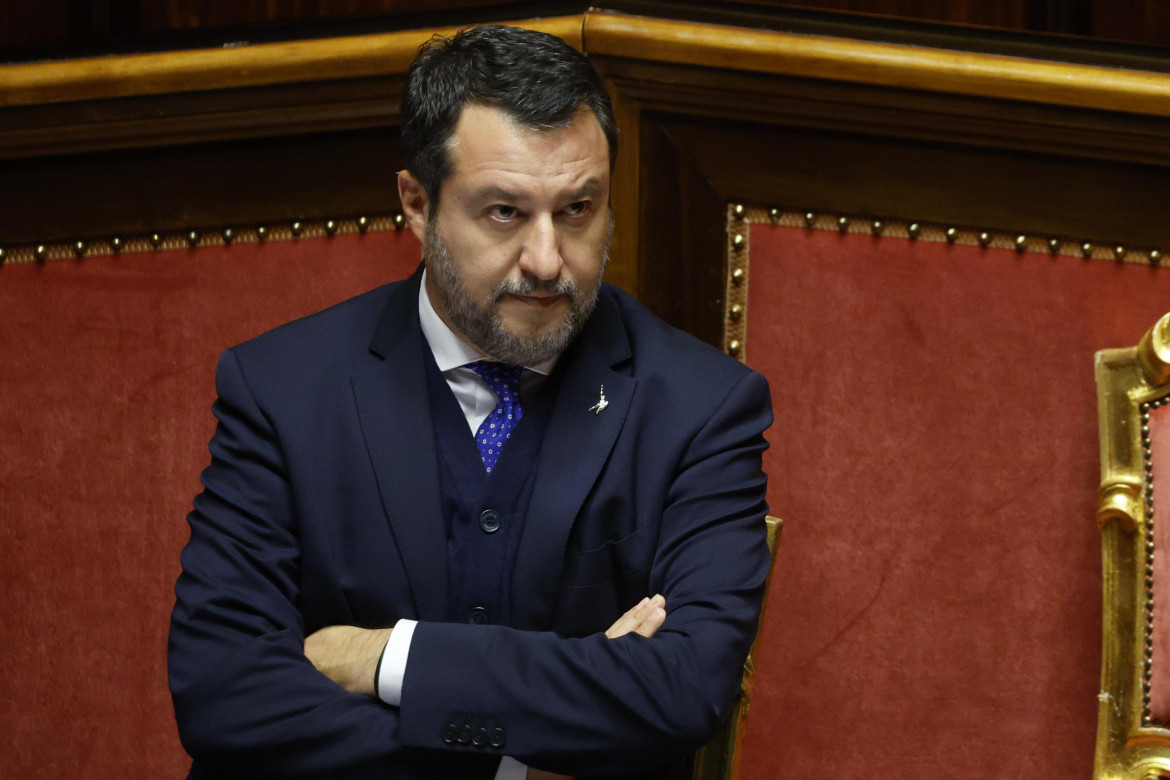Commentary
Pulling back the curtain on the government’s ‘successes’
On his otherwise active X account, there was only silence from the Transport Minister, as if nothing had happened or the issue didn’t directly concern him. A similar approach was on display at the Prime Minister’s recent press conference.

The Italian railway flew the white flag of surrender on Saturday. Faced with chaos at Milan station, leading to delays, train cancellations and slowdowns across the country, Trenitalia went so far as to advise “avoiding or limiting train travel to what is strictly necessary and rescheduling trips that can be postponed.”
To appease the ire of travelers affected as a result of a technical failure on one suspended power line, the company was quick to announce full refunds.
On his otherwise active X account, there was only silence from the Transport Minister, as if nothing had happened or the issue didn’t directly concern him. The silence continued despite the fact that the social media storm only grew as hours passed, in proportion to the problems faced by travelers. Scrolling through his posts from the previous days, one could read Salvini railing against thieves and thugs, invariably foreigners, his messages of patriotic pride for the defense of the borders and comments in support of the supposed champions of freedom of expression (Mark Zuckerberg and Donald Trump) and “against the censorship imposed by the EU and for freedom.” Nowhere in his narrative was there any reference to problems of everyday life and the tough daily routine of using the always-unreliable transport system.
A similar approach was on display at the Prime Minister’s recent press conference. On that occasion, also aided by some softball questions, Giorgia Meloni said little or nothing about the budget law, the implementation of the NRRP, labor or public health. She made no reference to the high bills people are facing.
Instead, the Prime Minister, in triumphalist tones, listed the government's economic “successes.” Once again, upon scrutiny these turn out to be more imaginary than real.
According to the analysis released by Confindustria on January 10, the Italian economy is slowing down, with industry and services trudging along while there is modest growth in construction. Productivity continues to be stagnant and wages at a standstill, as evidenced by the strikes in recent days. Mobility, energy and health care are the pillars of people's daily well-being.
These are crucial issues that should be at the center of the political agenda, but very often end up relegated to the margins. This marginalization is the result of the deadly combination of strategic omissions, intentional silence and shifting attention towards secondary issues, as well as myopic vision and narratives aimed at identifying scapegoats instead of addressing real problems.
Setting aside the inconvenience and the costs, perhaps we could forego travel “that can be postponed,” as Trenitalia's declaration of surrender advised. However, if the cost of accessing necessary health care increases, those who cannot afford it will forego care, with serious health consequences. It is more than just a question of inefficiencies: it is about dignity and essential rights.
Thus, the railway chaos showcases an essential issue. People's daily well-being depends on the good management of those goods and services that we take for granted and of whose importance we become aware only when they don’t work. None of us expects to be unable to use tap water – as is the case with the rationing due to drought in some regions of the South. None of us expects the collapse of the transportation infrastructure: when we take a train, we trust that the network is functioning. Just like when we cross the street at a green light and we trust that cars will stop.
Well-functioning networks and infrastructure guarantee the rights of citizenship that can be enjoyed by a community. And this reality is not something secured once and for all time, but the result of policy choices, spending priorities and strategic vision. When these are lacking, the consequence is a progressive crumbling of the civic fabric of everyday life. The result is an increasingly difficult life for millions of people, forced to deal with daily problems which seem small individually, but which, added together, paint a picture of widespread suffering and inequality.
The railway failure reminds us that the government's imaginary success is only a facade which hides behind it a reality consisting of problems that it has deliberately chosen not to address.
@filippobarbera.bsky.social
Originally published at https://ilmanifesto.it/il-velo-squarciato-dei-successi-del-governo on 2025-01-12
